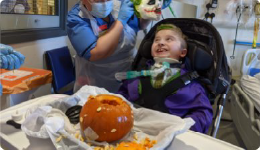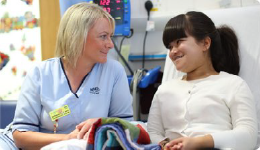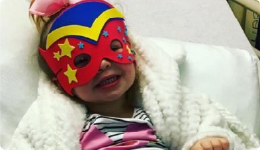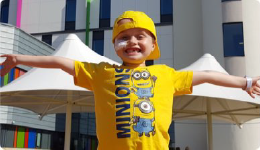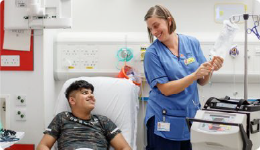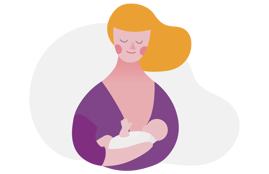 In the first six months babies get all the nutrients they need from breast milk or from first stage infant formula. There is no need to introduce any solid foods before this time. If you need support with breast or formula feeding look at our information in the 9-12 weeks section.
In the first six months babies get all the nutrients they need from breast milk or from first stage infant formula. There is no need to introduce any solid foods before this time. If you need support with breast or formula feeding look at our information in the 9-12 weeks section.
You should never wean before 17 weeks (4 months). If you are thinking about starting solids early, discuss this with your Health Visitor, Family Nurse or GP before you start.
Until your baby is around 6 months old:
- All equipment must be sterilised.
- Any tap water used must be boiled and cooled.
- Foods must be pureed (your baby won’t be able to cope with lumps).
You can find more information in the Fun First Foods booklet. This leaflet is available in other languages. It is also available in audio format.


 Every child grows and develops in their own time. If you are worried about your child's development then speak to your Health Visitor, Family Nurse or GP.
Every child grows and develops in their own time. If you are worried about your child's development then speak to your Health Visitor, Family Nurse or GP.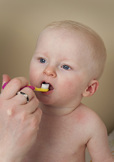
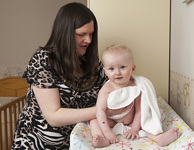 Interacting
Interacting 


